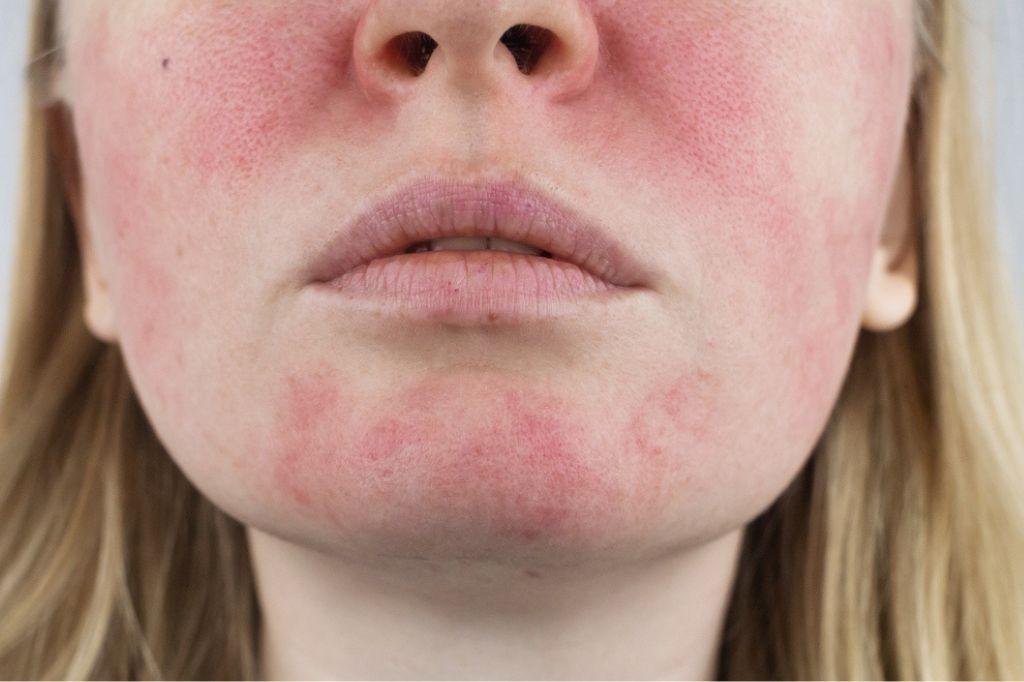Taking Action for Skin Cancer Awareness Month
May is Skin Cancer Awareness Month, a time to learn about the signs of skin cancer and how to prevent it. Skin cancer is the most common cancer in the US, with approximately 9,500 Americans diagnosed daily. Fortunately, this type of cancer is also one of the most preventable and curable forms of cancer. Knowledge is power when it comes to skin cancer. Therefore, Academic Alliance in Dermatology is committed to helping you take action for skin cancer awareness by providing important information about the signs and ways to help prevent it.
The Warning Signs of Skin Cancer
The most common types of skin cancer are basal cell carcinoma, squamous cell carcinoma, and melanoma. The most frequent kind of skin cancer is basal cell carcinoma, which can resemble a round flesh-colored growth, a pearl-like bump, or a pinkish area of skin. Squamous cell carcinoma is the second most common type of skin cancer and usually presents as a raised, red lump, a patch with scales, or a sore that heals and reopens.
Melanoma is the deadliest form of skin cancer and appears as a mole or discolored area of skin that looks different from the surrounding tissue. This type of skin cancer tends to spread and may develop within a mole or other dark spot on the skin. Recognizing the ABCDEFGHI warning signs of melanoma may help you prevent and detect the disease early.
If you notice any of the following warning signs during Skin Cancer Awareness Month, contact your dermatologist right away:
- A spot or sore that doesn’t heal within a few weeks
- A mole or spot that changes in size, shape, or color
- A mole or spot that becomes painful or itchy
- A mole or spot that bleeds or oozes
- A bump or nodule that is red, pale, or pearly in color
- Any spot on the skin that looks different from others
- New spots on the skin that look suspicious
6 Tips to Help Prevent Skin Cancer
As mentioned above, skin cancer is one of the most preventable forms of cancer. This Skin Cancer Awareness Month, we encourage you to take the following steps to lower your risk of skin cancer. Being proactive and making lifestyle changes now can help protect your skin health in the future.
1. Limit Sun Exposure
Although some sun exposure is necessary for the body to produce vitamin D, avoiding over-exposure is essential. The sun’s UV rays can damage your skin and increase your risk of developing skin cancer. To reduce your exposure, try to stay in the shade during the sun’s peak hours, typically between 10 a.m. and 4 p.m. Additionally, limit your time outdoors to 15 minutes without sun protection.
2. Wear Protective Clothing
One way to protect your skin from the sun’s harmful UV rays is to cover up with protective clothing. Covering your skin with long-sleeved shirts, pants, and wide-brimmed hats can help shield your skin from the sun’s damaging rays. If it is a particularly hot day, choose lightweight, breathable clothing. Moreover, if you plan to spend extended periods of time in the sun, consider bringing an umbrella with you to provide extra shade.
3. Use Sunscreen
Sunscreen with an SPF of 30 or higher is ideal for protecting your skin from UV exposure. Apply sunscreen liberally before going outdoors, and make sure to reapply every two hours or more frequently if you are swimming or sweating. Sunscreen is necessary no matter what time of year it is. Even if it is not an exceptionally bright day, the sun’s rays can still damage your skin.
4. Avoid Tanning Beds
Tanning beds use UV radiation, which can cause skin damage and increase your risk of skin cancer. If you want to get a tan, consider using self-tanning lotions or sprays instead. Going to a tanning salon or indoor tanning increases your risk of developing squamous cell carcinoma by 58% and basal cell carcinoma by 24%.
5. Check Your Skin Regularly
Regularly examining your skin can help spot any new or changing moles or lesions. If you notice any changes or are unsure of a new spot, consult your healthcare provider. Take note of any mole or spot on the skin that looks different from the surrounding tissue. Furthermore, watch for signs of melanoma, such as asymmetry, border irregularity, color variation, diameter larger than a pencil eraser, and evolution. During Skin Cancer Awareness Month, spend some time examining your skin for any suspicious spots.
6. Get a Professional Skin Exam
Schedule an annual appointment with your dermatologist or healthcare provider to get a professional skin cancer screening. They can detect any suspicious skin changes that may need further evaluation. Catching skin cancer early on is crucial in ensuring successful treatment.
Protect Your Skin During Skin Cancer Awareness Month
This Skin Cancer Awareness Month, make sure to be proactive about your skin health. Take the necessary steps to protect your skin from the sun’s damaging rays, and if you notice any suspicious changes on your skin, don’t hesitate to get a professional screening. Academic Alliance in Dermatology offers comprehensive skin cancer screenings and can provide the care you need to protect your skin. Contact us today to schedule your annual screening and take the first step toward keeping your skin healthy.




